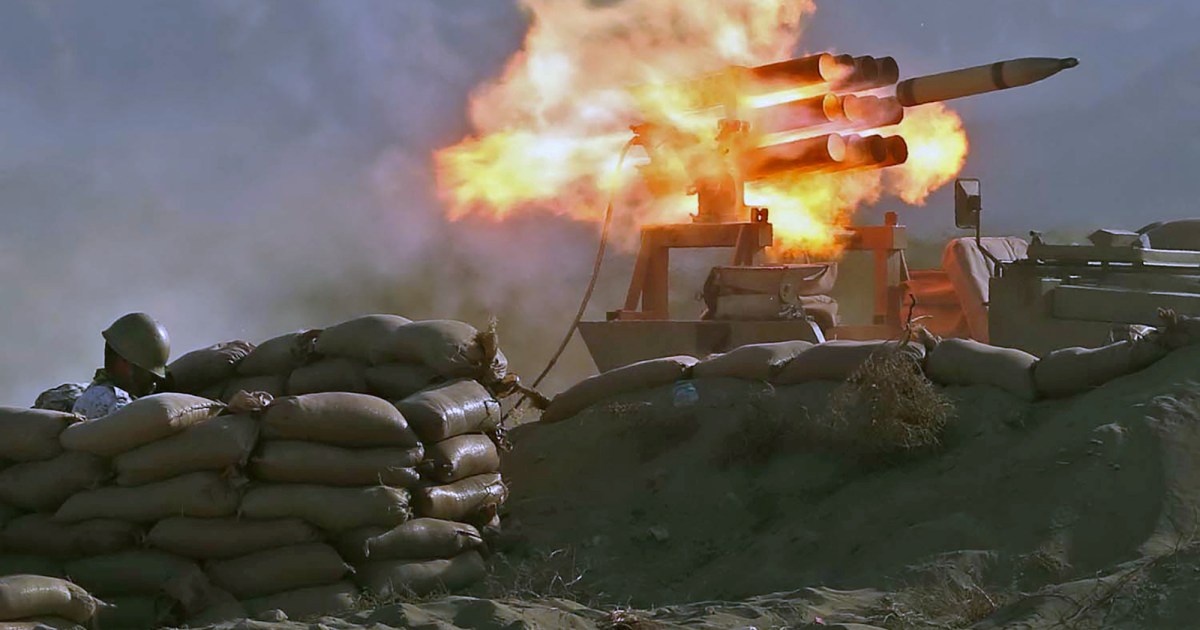Military exercises named "Defenders of the State's Skies" were launched in Iran today, Wednesday, with the participation of the air defense forces of the Iranian army and the Revolutionary Guard, as well as the air force.
Military spokesman Abbas Farajpour said the exercises would take place in an estimated half of Iran, simulating a real war.
He explained that the air defense forces will test new defense systems, as well as radar systems and devices to counter electronic warfare.
Al-Jazeera correspondent in Tehran, Noureddin Al-Dagheer, pointed out the importance of these maneuvers, given their geographical scope, noting the training they include on protecting vital sites such as Iranian nuclear facilities.
The Russian proposal for the Gulf
On the other hand, the members of the UN Security Council discussed issues related to Iran on Tuesday evening in a session held at the invitation of Russia to discuss the situation in the Gulf region.
During the session, Russian Foreign Minister Sergey Lavrov said that the time has come for the international community to take practical steps to implement his country's proposal to establish a reliable system of collective security in the Gulf region.
Lavrov stressed that the situation in the region is still fragile, and called on everyone not to take "unilateral and fruitless measures."
For her part, the US representative to the United Nations, Kelly Craft, said that the international community does not need a new mechanism to enhance Gulf security.
She added that the Security Council must simply have the courage to ensure that Iran fulfills its international obligations.
As for Iranian Foreign Minister Mohammad Javad Zarif, he said that his country does not intend to enter an arms race in the region, nor to start a wave of arms purchases despite the end of the international arms embargo on it, as of last Sunday.
For her part, the representative of the State of Qatar to the United Nations, Sheikha Alia Ahmed bin Saif Al Thani, said that her country welcomes constructive initiatives to search for ways to reduce escalation and settle differences through dialogue, which is the core of Qatar's foreign policy, and the approach it has followed in dealing with the Gulf crisis.
She believed that cooperation to face common challenges, such as terrorism, climate threats and epidemics, could be a first stage towards settling the most complex crises in the region.
On the other hand, the European Union - through its Commissioner for Security and Foreign Policies, Josep Borrell - affirmed its commitment to the nuclear agreement with Iran, and its support for it, despite the withdrawal of the United States from the agreement in 2018, and the subsequent re-imposition of US sanctions on Iran unilaterally.
However, Borrell expressed at the same time the grave concern of the European Union about Iran's activities, which he said had "dangerous effects in the field of nuclear proliferation" and contradicted the nuclear agreement.

